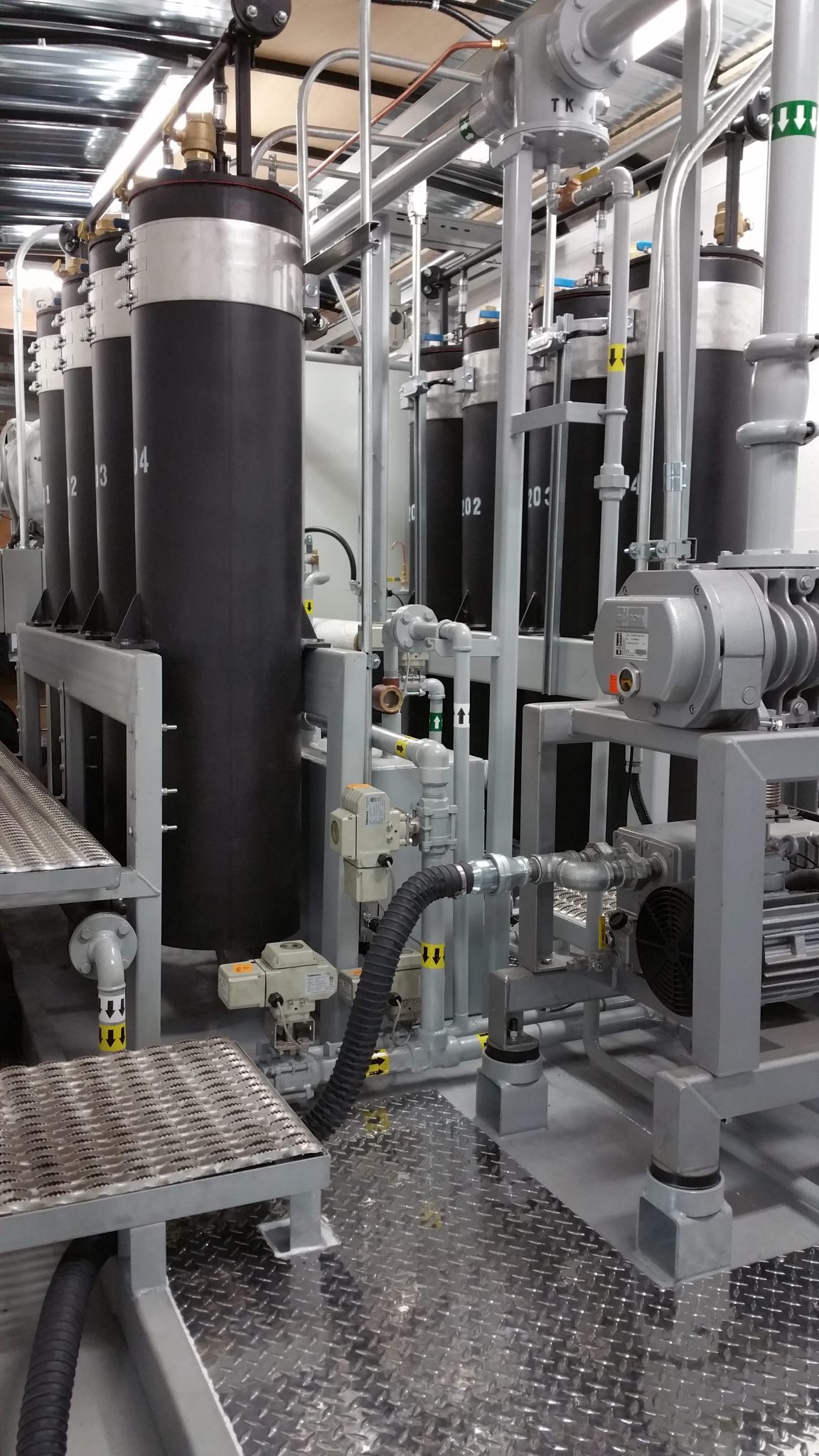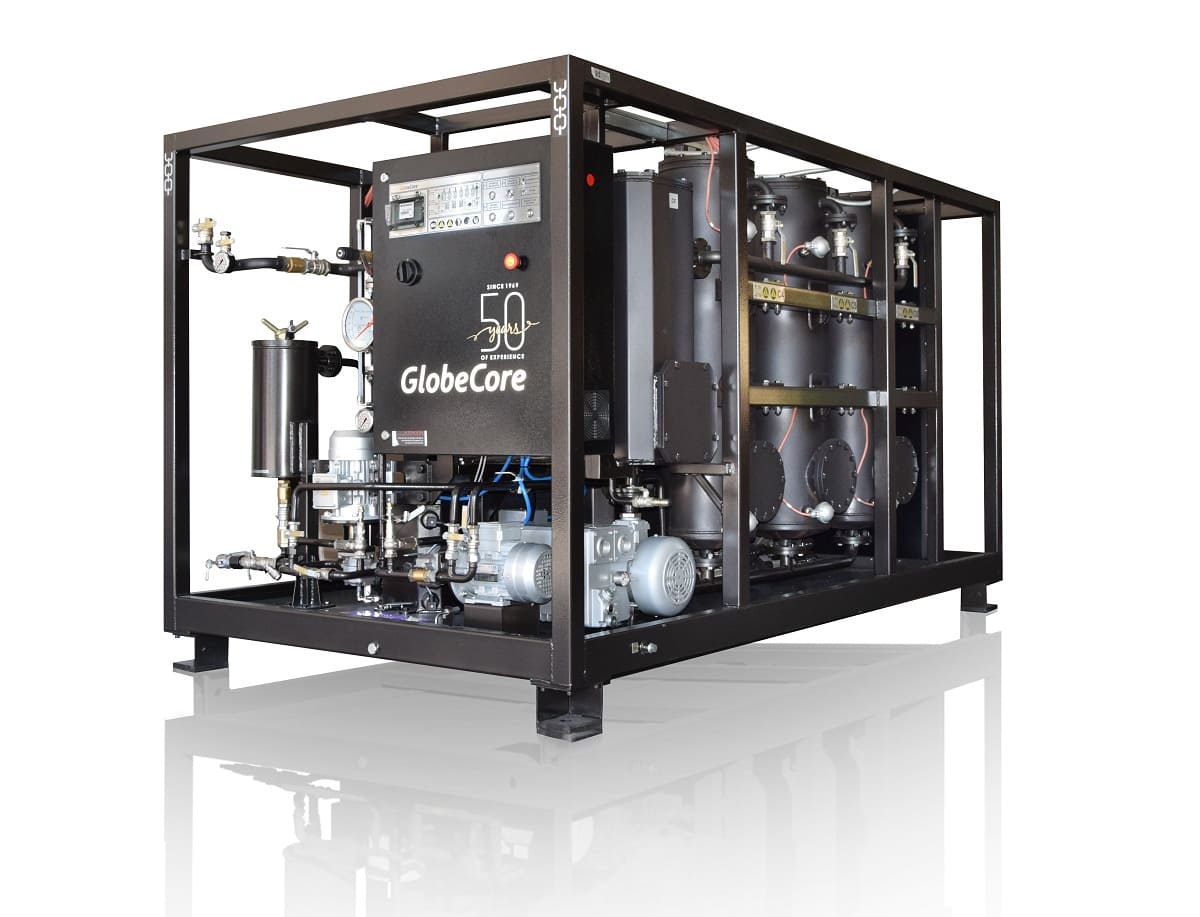Exactly How Regenerated Transformer Oil Sustains Sustainability Goals
Exactly How Regenerated Transformer Oil Sustains Sustainability Goals
Blog Article
Just How Regenerated Transformer Oil Expands Transformer Lifespan
The role of transformer oil is important in guaranteeing the reliability and longevity of transformers, working as both an insulator and coolant. Regenerated transformer oil uses an engaging service to boost these functions by successfully removing dangerous impurities that jeopardize efficiency. Via a thorough regeneration procedure, the oil's dielectric buildings and thermal stability can be brought back, bring about significant enhancements in functional efficiency. Comprehending the intricacies of this process and its more comprehensive implications for transformer maintenance discloses a path to not only extend life expectancy yet additionally optimize costs in energy administration systems.
Relevance of Transformer Oil
Transformer oil plays a vital duty in the efficient operation of electric transformers. It largely works as a shielding medium, preventing electrical discharges and ensuring that components operate safely under high voltage conditions. The oil's dielectric residential or commercial properties are basic to keeping the honesty of the transformer, as they minimize the risk of failures that might bring about devastating cases or costly downtimes.
In enhancement to its protecting capabilities, transformer oil likewise operates as a coolant. As transformers run, they create warm that must be dissipated to stop overheating and succeeding damages. The oil distributes within the transformer, transferring and taking in warmth far from vital parts, thus preserving optimal operating temperatures.
Moreover, transformer oil works as a barrier versus wetness and contaminants, which can jeopardize the performance and durability of the transformer. Its chemical properties assist in neutralizing acids and various other results that might create gradually, adding to the overall health of the electric system.
Benefits of Regenerated Oil

In addition, regenerated transformer oil has a lower degree of impurities, including fragments and contaminants that can break down performance. This purity not just boosts the oil's thermal conductivity however likewise extends the operational life expectancy of transformers by minimizing overheating dangers. The improved thermal stability of regrowed oil ensures constant efficiency also under high operating temperature levels, which is vital for preserving transformer effectiveness.
An additional advantage is its environmental impact. Regrowed oil promotes sustainability by minimizing waste and the demand for brand-new oil manufacturing, thereby decreasing the carbon footprint associated with transformer maintenance. Transformer Oil Regeneration Process. In addition, the longevity of regenerated oil translates to reduced maintenance expenses over time, as fewer oil modifications and much less constant equipment downtime are needed.
Process of Oil Regrowth
The regeneration of transformer oil includes an organized procedure developed to bring back the oil's initial residential or commercial properties and improve its efficiency. This procedure usually starts with the removal of the utilized oil from the transformer, which is after that based on various filtration strategies.
The very first step in the regrowth process is the filtration, where strong pollutants such as dust, steel, and sludge particles are removed. This is commonly complied with by vacuum purification, which assists to remove dampness and unstable compounds, therefore enhancing the oil's dielectric strength.

Effect On Transformer Efficiency
Bring back the residential properties of regenerated transformer oil dramatically affects the total efficiency of transformers. Enhanced dielectric toughness is among the most vital advantages, as it enables much better insulation and decreases the chance of electric break down. This renovation leads to a more steady operation under high voltage conditions, ultimately leading to raised performance.
Furthermore, the removal of impurities and destruction products throughout the regrowth process lessens the threat of getting too hot. Cleaner oil promotes much better warmth dissipation, which is important for preserving optimum operating temperatures. As a repercussion, the thermal performance of the transformer is improved, permitting greater loads without endangering reliability.
In addition, the chemical stability of restored oil ensures extended functional life. It withstands oxidation and degradation, minimizing the regularity of upkeep treatments and oil replacement. This stability not only adds to enhanced performance but also aligns with sustainability goals by lessening waste.
Future of Transformer Upkeep
As improvements in technology remain to improve the landscape of electric design, the future of transformer upkeep is positioned for considerable improvement. The combination of smart technologies, such as IoT sensors and anticipating analytics, makes it possible for real-time surveillance of transformer wellness, improving the capability to preemptively attend to problems before they intensify into major failures. This proactive approach not just makes the most of operational effectiveness but likewise expands the life-span of transformers.
In addition, the application of expert system (AI) in data evaluation allows for more precise fault detection and medical diagnosis. By leveraging artificial intelligence formulas, maintenance teams can recognize patterns in operational data that human experts may neglect, resulting in more informed decision-making.
Furthermore, the adoption of environmentally friendly methods, consisting of the Regenerated Transformer Oil use of regenerated transformer oil, is readied to redefine maintenance methods. This sustainable strategy not only minimizes ecological influence but additionally improves the total health of the transformer.
Last but not least, the shift in the direction of automation in upkeep processes is expected to streamline procedures, minimize downtime, and lower prices. As these developments remain to progress, the future of transformer maintenance will undoubtedly come to be a lot more efficient, reliable, and lasting, guaranteeing the honesty of important electric facilities.
Verdict
The utilization of regenerated transformer oil considerably enhances the functional durability of transformers. Eventually, the adoption of restored oil stands for an essential development in transformer maintenance, making certain optimum efficiency and sustainability in the administration of electrical infrastructure.
The duty of transformer oil is critical in making certain the integrity and durability of transformers, offering as both an insulator and coolant.Transformer oil plays a critical duty in the reliable procedure of electric transformers. Restored oil advertises sustainability by reducing waste and the demand for new oil production, thereby decreasing the carbon impact connected with transformer upkeep.Recovering the buildings of regenerated transformer oil dramatically affects the general efficiency of transformers.The usage of regenerated transformer oil substantially boosts the functional long life of transformers.
Report this page